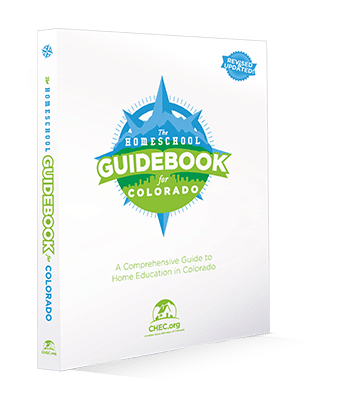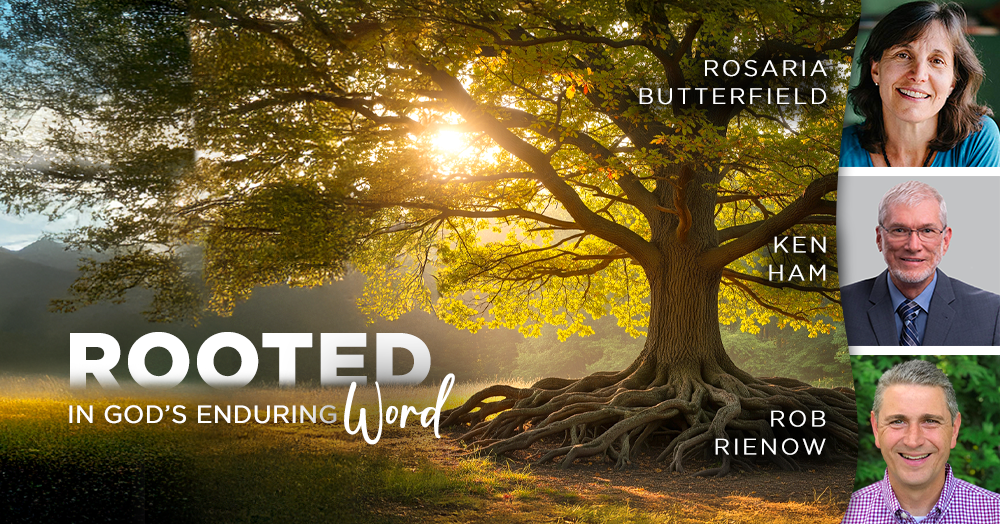By Carolyn Martin (CHEC’s Director of Government Relations)
Prepare to Vote
The November 2023 election is fast approaching. Now is the time to start preparing to vote wisely!
Generally, ballot initiatives on odd-years deal with tax spending and revenue, along with any measures dealing with TABOR (The Taxpayer Bill of Rights) refunds. The state produces and mails to each household what is called a “Blue Book” which details each statewide initiative on the ballot. While it can be a useful tool, be leery of its analysis of the issues. The Legislative Council committee of the legislature is charged with finalizing the wording in the booklet. The committee consists of 11 Democrats and 7 Republicans. The final wording reflects this membership. Listen to the meeting where they discussed the deceptive wording and the attempts to change it.
This year, the two statewide initiatives on the ballot were put forth by the legislature.
- Proposition HH (SB23-303). I recommend a NO vote. See my blog post for more information.
- Proposition II (HB23-1290). I recommend a NO vote. It will allow the state to keep your TABOR refund and instead use it fund the universal preschool program.
Take note that the current state government budget is $38.5 billion. Not including the tens of billions given to the state by the federal government or the billions collected for specific state enterprises — all still our tax dollars.
Local initiatives will also be on the ballot. I recommend a NO vote on any ballot initiative beginning with “without raising taxes.” TABOR requires all governmental entities under its control to ask the people if they can keep any monies they took from taxpayers that exceed the growth limit outlined in the Colorado Constitution Article X, Section 20 (TABOR).
TABOR is a mechanism the people of Colorado put in the CO Constitution to reign in the growth of government. Because of TABOR, the government must live within its means just as each of our families must. If they collect more money than the formula of TABOR allows, they must ask the people if they can keep the extra money they collected. Just say NO! If you vote yes, you are essentially approving a tax increase.
Local school board candidates will also be on the ballot depending on where you live. Now is the time to contact them and determine if they are worthy of your vote. Below are some suggested questions to ask them.
1. Do you support Social Emotional Learning (SEL) programs in the school? Know what SEL is. Go here and here to learn more about it and the dangers of it.
2. How do you plan to help students achieve mastery of reading, writing, and math at grade level? See your school district’s achievement scores here.
3. Would you support making sexuality education an opt-in program in all grades? Currently, CSE (comprehensive sexuality education) is an opt-out program but parents often do not know when these programs are in the classroom. Making them opt-in would put the parents in the driver’s seat.
4.Do you support notifying parents of any and all changes in their children’s mental health seen or communicated by personnel in the school? Several school districts have policies that allow teachers to keep secrets from parents. For example, Jefferson County and Poudre School Districts.
5. How will you support the partnering of schools with parents?
6. What policy will you bring forward to protect the safety and privacy of children in bathrooms and locker rooms? See these cases from Virginia. See this example of action taken by Monument Academy in Colorado here and here.
7. Will you or have you received any money from a teachers’ union?
Bottom line is that we need to be informed voters and we must vote! If you have any questions, feel free to reach out!
Trusting in the mighty power and grace of Jesus,
Carolyn Martin
CHEC Director of Government Relations
Carolyn@CHEC.org






0 Comments